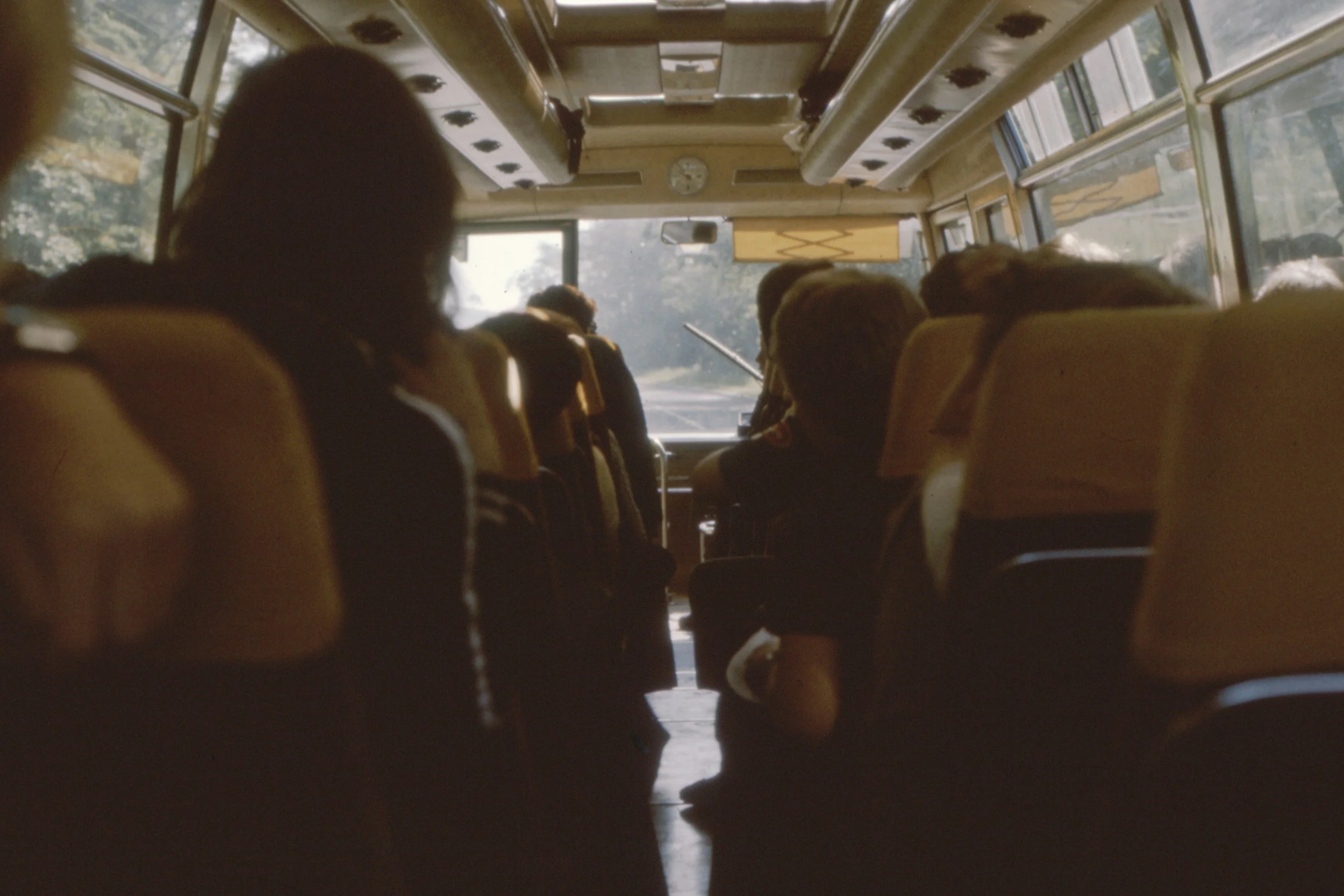Feral
Besides my husband, I have lived with no other being longer than Mullen. When we lived in Austin, after I suffered a miscarriage, my husband saw a pitiful ginger kitten at an adoption fair. If we had any reservations, they were nullified when the adoption volunteer gave us Mullen’s history; his was the saddest tale in the shelter. A few weeks old, he had been found in a plastic bag, riddled with fleas and mange, cast away on the side of Mo-Pac.
Mullen had ears like a flying fox and the tail of a possum. He entered our house and proceeded to urinate in our other cat’s food bowl. The first week, he managed to shatter two champagne flutes and shredded a bamboo folding screen. We loved him but he was second fiddle to our irascible tabby cat, Brennan.
When we moved to Virginia and had our son, Brennan became aggressive. Two years later, shortly after the birth of our daughter, Brennan was so hostile we could not keep him. Tim and I were heartbroken. Mullen, however, was not aggrieved. He gained weight. He grew into his ears. His coat became soft and silky. Mullen adored being Top Cat. We were rewarded with an animal who for nineteen years displayed a universally acknowledged delightful persona.
Growing up, I had a cat like a Mullen. We called him Mr. Gray. I credit that cat with tethering me to the world. I struggled with depression; struggle is an inadequate word. I attempted suicide twice between the ages of fifteen and twenty-five. The second time, as I convalesced at my mother’s house, Mr. Gray sat on my chest. He purred and nuzzled my chin with his head. He remained there until I fell asleep. I do not remember how many days or weeks passed. I have problems recalling specifics around troubling times. I remember with perfect clarity what I wore the first day of kindergarten: a blue jumper appliqued with a hot air balloon, red and white short sleeved blouse with a Peter Pan collar, and black patent leather Mary Janes. But I am not sure if I was fifteen or sixteen when my parents divorced.
My father and I had a fractious relationship. I was closest to my maternal grandmother, after whom I am named. I believe she died a few months after my father. When my brother called to let me know Gran had passed, I felt betrayed by own body. I should’ve felt her loss in every fiber of my being. Curiously, my father’s death hit me harder. He died riddled with cancer that seeped from his lungs into the rest of his body. I talked to my grandmother several times a week, occasionally a few times a day. There was nothing unsaid between us. A devout catholic, she never pressured me about my disbelief. My father and I rarely talked. We disagreed vehemently with one another’s political ideologies. He once told me I was a profound disappointment. I never told him I inherently distrusted all men because of him.
The year they died, I lived like a somnambulist in a world enshrouded by fog. I lost weight rapidly. The dress I bought for my father’s funeral ten days before practically fell off of me as I stumbled through Arlington Cemetery. Somehow, during this time, I managed to keep my small children alive, clothed, and fed. But I would collapse, usually in the living room as soon as I returned from dropping them off at school. Mullen was always there. As I lay on the floor, curled into an impossible comma, he would burrow into me and purr. Time would pass. I am unsure how many days or weeks it took me to break that routine. Mullen never failed me. I never had to call for him. All that time, he patiently administered to my wounded soul.
When Mullen was eleven, he became suddenly and frighteningly ill. This occurred while I was co-chairing a fundraising event. I knew during the campaign, as we feverishly worked to gather donations, set up an auction, and organize volunteers, that I was cresting a dangerous wave. I was working manically. From past experiences, I knew the price I would pay was an abysmal low. One morning, Mullen howled in pain and pissed blood on my bathmat. I rushed him to the emergency vet. The charity gala a few days over, I felt the darkness settling around me like a shroud. I could not afford to lose Mullen. Saving my cat gave me a purpose, a reason to keep from capitulating to the depression.
Seven years ago, we moved to northern New Jersey. My only consolation was that I could move my best friend with me. Mullen was my stalwart and constant companion. Our first rocky year in our new town, I told Tim my cat could not die in New Jersey. For five years, Mullen consoled me as I yearned to move back to D.C. I did not make a large number of friends but slowly found social footing. Perhaps Mullen felt I was finally stable.
December of 2018, Mullen began losing weight. The vet diagnosed him with a thyroid issue. I administered topical ointments to his ears twice daily. He lost so much muscle and fat, his eyes became sunken. He slept on my head, I guess to keep warm. Eventually, it became too difficult for him to get on and off the bed, so he slept next to the heat vent in the kitchen.
Mullen was ravenously hungry but barely ate. He weighed less than five pounds. I washed his face as he did not have much interest in grooming himself anymore. I fashioned a larger more accessible litter box from cardboard boxes. He became deaf. My day was punctuated with cleaning up his accidents and consoling him when he howled in some forgotten corner of a room. Sometimes, I found him sitting in the foyer staring at the front door. I would curl myself around him, petting him until he settled into me, purring and closing his eyes.
The vet told me I would know when Mullen’s time was up because he would be unsociable. She told me he would likely hide himself away. This did not happen. He never stopped wanting to be with me. That cat suffered for me until there was nothing left of him. He is gone now. I took him to the vet on my mother’s birthday, five days after my own. He weighed two pounds. He purred as the vet administered the poison that stopped his heart. He turned his precious, beloved head toward mine, and then that shining spark behind his eyes dulled. I have relived Mullen’s passing countless times. In my sleep, I desperately claw at time, trying to take that moment back. I am feral in my grief. I howl and rage. I take his loss as a personal insult Life has hurled at me.
I want to believe that I ended his suffering. He was, of course, the balm that salved so many of my wounds over the last twenty years. Now though, I wonder, what will cure this cat-shaped hole in my heart?
-Fannie H. Gray
Fannie H. Gray lives in Montclair, NJ with her husband, two children, Mac the Boston Terrier, and Neo the Tuxedo. She is an active member of The Write Group. She is currently compiling short stories and completing her first novel. Her poem, The Trick was included in Beltway Poetry Quarterly’s Langston Hughes Tribute Issue. Her flash piece, Last Damsel is currently featured in The Tatterhood Review. She prefers coffee with chicory.






















